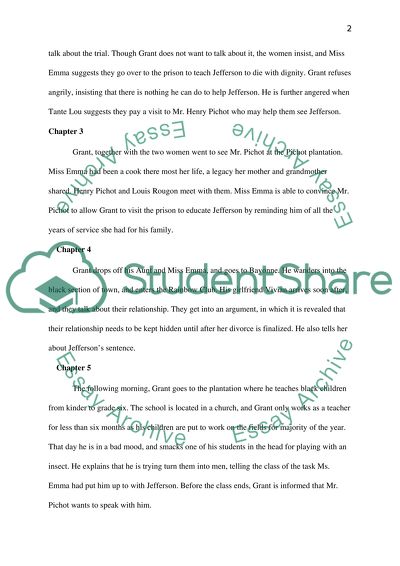Cite this document
(“A Lesson Before Dying Book Report/Review Example | Topics and Well Written Essays - 2250 words”, n.d.)
Retrieved from https://studentshare.org/family-consumer-science/1420001-a-lesson-before-dying
Retrieved from https://studentshare.org/family-consumer-science/1420001-a-lesson-before-dying
(A Lesson Before Dying Book Report/Review Example | Topics and Well Written Essays - 2250 Words)
https://studentshare.org/family-consumer-science/1420001-a-lesson-before-dying.
https://studentshare.org/family-consumer-science/1420001-a-lesson-before-dying.
“A Lesson Before Dying Book Report/Review Example | Topics and Well Written Essays - 2250 Words”, n.d. https://studentshare.org/family-consumer-science/1420001-a-lesson-before-dying.


